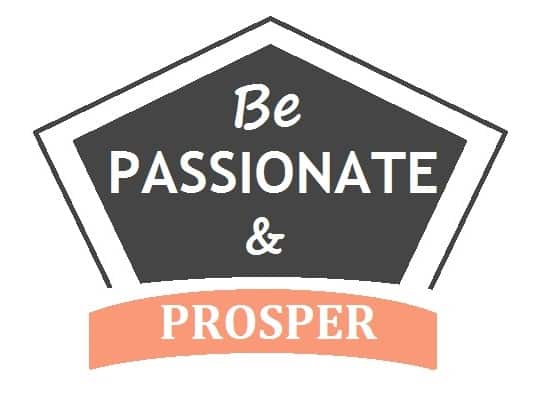If you are trying to get approved for a loan because you want to purchase a home or car, check out these simple ways you can improve your credit score easily.

There are many factors which go into determining your credit score. Today we are going to talk about some of the easy ways you can improve your credit score without a lot of work on your part.
Many people think they don’t have a lot of control over their credit score, but this simply is not the case. You do have quite a bit of control over your credit score.
This is important to know because your credit score plays a major role in your ability to make purchases for you and your family.
What types of things can your credit score impact?
While you should NOT obsess over improving your credit score, it is important to know that it can have an impact on your rates for loans and even your ability to get certain jobs!
Your credit score can also influence the interest rate you receive on a loan when you buy a home or car. Many leasing agencies use your credit score to decide whether you are a viable renter. Even insurance rates can be influenced by your credit score.
What factors go into determining a person’s credit score?
In order to gain more control over your credit score, it’s important to know the main factors which make up a person’s credit score. Knowing how each of these items plays a role will help you understand what areas you can work on. Here’s a breakdown of the five main categories that make up your credit score:
35% Payment History-
Your payment history has the greatest impact on your credit score. Payment history is determined by a few factors. Some of these include whether you pay your bills on time, if you have missed any payments, if your bills have ever been sent to collections, etc.
30% Amounts Owed-
This is category with the second biggest impact on your credit score. The credit bureaus look at your balances and your utilization rate. The utilization rate is the ratio of the outstanding balance on your cards to your credit card limit. (Lenders like it when you have a low utilization rate because it means you are not maxing out your debt).
15% Length of Credit History-
Your credit history is determined by the average length of time your accounts are open. This category doesn’t have as much of an impact on your credit score. However, it can be a good idea to keep a credit card active that you’ve had for a long time. I have a credit card open from when I turned 21. I keep it open and active because it improves my average account age.
10% Credit Mix-
The credit bureaus like to see that you have a mix of different types of credit. A mix might include credit cards, a mortgage, a car loan, student loans, etc. The category hardly has an impact on your credit.
10% New Credit-
This category looks at how many hard credit inquiries you have had and how long it’s been since you last opened a new credit account. A hard inquiry happens when you go to get approved by a bank for an auto loan and they have to pull your credit to look it over. They will always ask for your authorization to do this.

Easy ways to improve your credit score
As you can see from the breakdown above, you have quite a bit of control over credit score. By knowing which areas have the greatest impact, you can place your focus on the things that matter most. Here are some easy ways you can improve your credit score:
Sign up for credit watch service-
You can get free email alerts from online services like Credit Sesame or Credit Karma whenever there is a hard inquiry or change to your credit. These services also allow you to take a look at all of your open accounts and see if there are any lingering issues.
Only use 10% of your total credit card limit-
By only using 10% of your total credit card limits, you are keeping your utilization rate fairly low. Many people will pay the balance down on their card just before the reports go out to the credit bureaus. This is a trick which can give your credit score a little boost before applying for a loan.
Use your credit cards but keep them paid off-
By keeping your cards active and paid, you are adding to the payment history of your overall credit. This is the most important thing to keep track of, especially if you plan on purchasing a home and applying for a loan.
Keep a revolving loan or credit line-
It’s also a good idea to have at least one revolving loan or credit card on your credit. Revolving lines of credit include credit cards, personal lines of credit and home equity lines of credit. It isn’t necessary to keep a balance. By making the minimum monthly payments, it shows you are capable of making payments on time. Closing older credit cards could actually hurt your credit score because it might lower the average age of all of your accounts.
Allow credit inquiries to fall off
If you have a few lines of credit already, you may want to hold off on getting more cards for the time being. Your hard inquiries will fall off your credit report after two years. And, whenever you open a new credit card, it lowers the average age of your accounts, which might lower you score.
Related Articles:
Froze My Credit Cards in Water and This is What Happened
Achieve Financial Independence with Be Passionate and Prosper
50 Ways to Make Money Fast
If you would like more help with mastering your money as well as tips for making more money and investing, you might like our 7 Day Master Your Money email course.
What ways are your trying to improve your credit score? Share in the comments below!



Leave a Reply
Your email is safe with us.